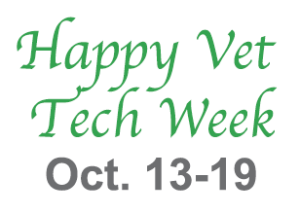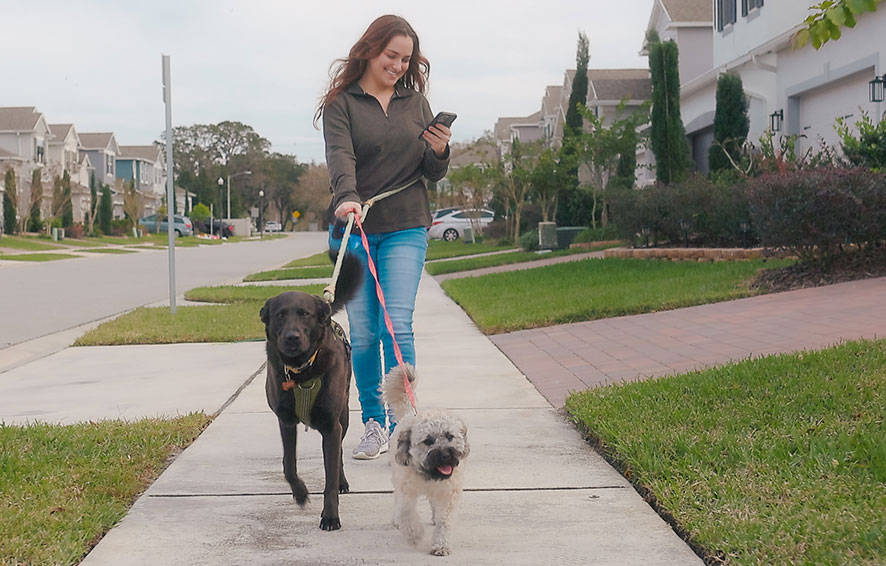When you go to the veterinarian’s office, chances are the person who will be spending the most time with your pet will not be the doctor but the veterinary technician. The vet tech is likely to be the one to greet you and your pet and do the preliminary health checks, such as measuring your pet’s temperature and heartbeat, weighing them, drawing blood and administering medications.
 And if your pet should need surgery, the vet tech will be the one placing catheters, assisting in surgery and managing anesthesia. There are only a few things a vet tech can’t do, such as make diagnoses, perform surgery or prescribe medication.
And if your pet should need surgery, the vet tech will be the one placing catheters, assisting in surgery and managing anesthesia. There are only a few things a vet tech can’t do, such as make diagnoses, perform surgery or prescribe medication.
“Depending on the business need, I was an anesthesiologist, phlebotomist, laboratory technician, X-ray technician, nurse, surgical assistant, receptionist, and/or dog walker on any given day!” said Ryan Tone, a project coordinator at Healthy Paws who worked as a vet tech for several years.
Healthy Paws is fortunate to have a number of former vet techs working among our ranks. We’d like to wish them all a Happy Vet Tech Week along with all those still working in the role.
These highly skilled professionals have studied hard to become vet techs: to be licensed most states require prospective techs have at least an associate’s degree in veterinary technology and they must pass a national exam. Training consists of classroom lectures, lab time to practice skills, on-the-job shadowing and clinical work with live animals.
Perhaps as important as education is the vet tech’s bedside manner, with both pets and pet parents. They have to have a caring approach and good communication skills with both people and animals, especially when customers may be in a fragile or emotionally vulnerable state when they come to the vet.
Most of the former vet techs at Healthy Paws now work as claims processors, which means you may have one of your claims handled by one of them. This background is helpful to them and to you when addressing your pet’s illness or injury.
“I don’t usually have to look up medical terms or names of medication,” said Collette Hatch, a claims processor who worked at a specialty surgical clinic for six years before coming to Healthy Paws. “It also helps with reading medical records since I am familiar with all the jargon. I think it can be reassuring to realize the person you’re dealing with is familiar with your pet’s condition.”
While being a vet tech can be rewarding, the stress, long hours and relatively low pay means the burnout rate is high.
“Workload can be challenging; some days you may have five or more patients hospitalized that are very sick and you are responsible for each one of them,” said Shelly Cole, who worked in the field for 20 years, including time as an instructor, before coming to Healthy Paws as a claims processor.
And it can be a tough job for anyone who loves animals—which is the reason most people enter the veterinary field—when you are working with pets’ illnesses every day and sometimes even pet deaths.
So be kind to your vet tech and maybe bring them a special treat this week to show your appreciation for all they do for you and your pets.







